Fracking moratorium in England
November 22, 2019
As of 4th November, the government has confirmed a moratorium on fracking in England and announced that it has ditched proposals to ease planning rules for the controversial activity, including the introduction of permitted development (PD) rights for fracking exploration schemes, reports Planning Magazine.
The government's decision was based upon a report by the Oil and Gas Authority (OGA), which concluded that current technology cannot accurately predict the tremors associated with fracking.
The Infrastructure Act 2015 and strict limits on seismicity were introduced by the government as the exploration of shale gas reserves in England could only proceed if science proves that it is safe and sustainable.
Following the disturbance caused to residents local to Cuadrilla’s Preston New Road site in Lancashire, that created a magnitude 2.9 earthquake, the government has announced a pause on fracking. In addition, the government has also confirmed that proposed plans for shale gas development will not be taken forward at this time.
Until this point, the government has taken a somewhat laissez-faire attitude towards fracking, watching from a distance and apparently doing little to explore more fully the mooted strategic environmental impacts that have led the Scottish Government to follow a different, more environmentally sound, path. The Scottish Government's cautious, evidence-led approach to considering onshore unconventional oil and gas in Scotland saw the Scottish Parliament, in October 2017, vote in favour of not supporting onshore unconventional oil and gas development in Scotland. A position that embraced the precautionary principle and which also made appropriate use of the Strategic Environmental Assessment process to inform plan making at the point before environmental impacts occur, rather than waiting for adverse effects to take place before acting.
Lepus can help with strategic environmental assessment advice and supports the path taken by the Scottish Government in adopting an evidence-led and SEA approach.
For more information visit: https://www.gov.uk/government/news/government-ends-support-for-fracking
Article by Ellen Satchwell and Neil Davidson
Share this article:
More from our blog
Remaining Neutral
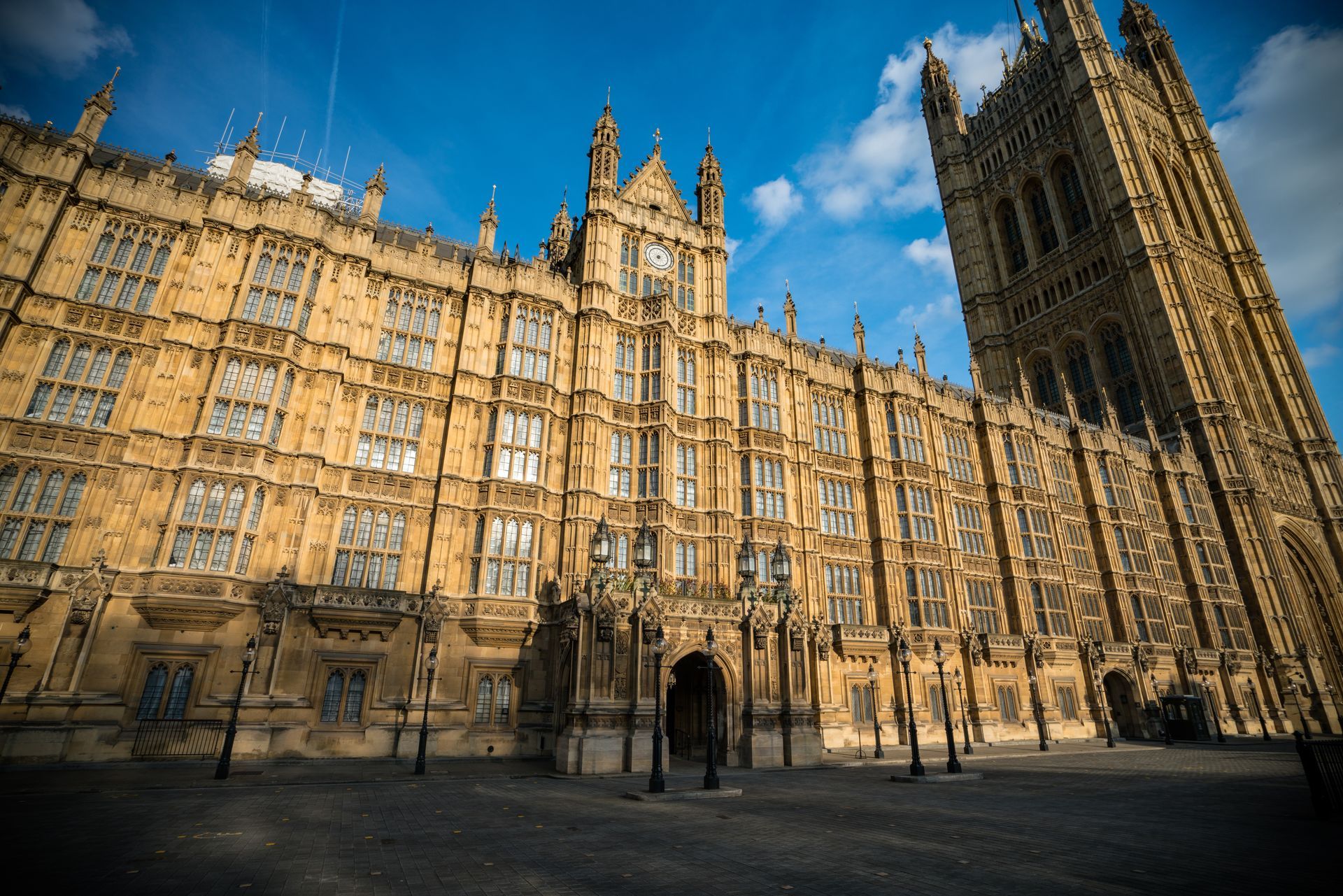
Under existing laws, such as the Habitats Regulations (the Conservation of Habitats and Species Regulations 2017) and the Wildlife and Countryside Act 1981, developers are required to undertake project specific assessments and mitigation strategies to assess and diminish their potential impacts on the natural environment. The Government suggests these processes can delay development until sufficient mitigation becomes available, creating barriers to building crucial homes and infrastructure. Part III of the Planning and Infrastructure Bill will offer an alternative approach for developers by establishing the Nature Restoration Fund (NRF) and associated Environmental Delivery Plans (EDPs). Rather than implementing site-specific mitigation measures, the Bill will enable developers to pay into the central NRF via a one-off levy, funding large-scale conservation projects managed by Natural England or other designated delivery bodies. EDPs are created and managed by Natural England to outline the conservation measures that should be taken to address developments impact on a protected site or species. Before being implemented, the EDPs will undergo an ‘overall improvement test’ to assess whether the strategic approach is sufficient to outweigh the negative effects of developments. The Government claims this process will enable Natural England and partners to quickly deliver nature restoration at a large scale whilst expediting development, however, the Bill has been heavily criticised by industry professionals, political figures, and environmental organisations such as The Wildlife Trusts and The Chartered Institute of Ecology and Environmental Management. A group of 40 leading conservationists, former Government advisors, and leading economists have written to every MP in England asking them to write to the Ministry of Housing, Communities and Local Government to request that Part III of the bill is paused. The letter states that the Bill is not a tool for nature recovery, enabling developers to ‘buy out’ their legal obligations to nature, which in turn, threatens crucial protections and risks irreversible damage to ecosystems. The letter states that “the Government’s rhetoric — that wildlife laws are delaying house building — is simply false”, going on to argue that developmental delays are mostly caused by under resourced planning authorities, infrastructure bottlenecks, and industry-led viability constraints. The authors argue that strategic licensing systems (such as the popular District Level Licensing for newts) are legally robust, evidence based, effectively protect species, and streamline development. Part III of the Bill has been criticised for the following reasons: · Whilst being reliant on the NRF levy to fund its own administration, Natural England will both write the conservation plans and assess their efficacy, with no independent examination, which is a clear conflict of interest. Moreover, the entire success of the Bill relies on Natural England’s ability to develop, deliver, and police effective EDPs, which presents a significant challenge for the organisation. · The overall improvement test is vague and legally weak, leaving it open to manipulation and allowing environmental protections to be easily dismissed. Furthermore, the Secretary of State for Housing will have the discretion of determining whether the test is met, creating a loophole where political decision making can be prioritised over strategic actions backed by ecological and scientific reasoning. · The Bill ignores fundamental principles of effective ecological governance: a. The Polluter Pays Principal, which dictates that the costs of environmental damage should be borne by those causing it. This is instead replaced by a simple levy across all developments. b. The Mitigation Hierarchy, which employs developers to first avoid causing harm, before minimising, then restoring, and as a last resort, offsetting environmental degradation. The NRF ignores this process, allowing developers to simply pay into the levy to offset damages. c. The Precautionary Principal, which dictates that a lack of scientific certainty should not be used as a reason for postponing measures to prevent environmental degradation. · Rather than being set to cover the real cost of ecological damage, the levies are viability based, being adjusted downwards according to development viability. This means that when economic pressures arise, nature will be set to lose out. Lepus view The government’s determination to ‘deliver the undeliverable’ (1.5 million homes in five years) is leading them into controversy as they seek to turbocharge the development process, seemingly at the cost of protecting, enhancing and restoring ecological integrity. Biodiversity levels are already woefully low in the UK, compared with other countries. It is apparent that the PIB is in sharp contrast to other government policy which seeks to deliver net zero, appreciate the climate change crisis and biodiversity crisis. Lepus believes the proposed approach lacks transparency and is dangerously close to unleashing a level of unplanned development growth that has not been seen since the agricultural revolution and post-war development levels that were necessary to re-build the country. Whilst at the forefront of the LURA 2023, the government has committed ensuring any reform to biodiversity management and protection will not be compromised in the face of other legislative reform, the PIB appears to run the risk of doing exactly the opposite. There is much, much more thought and consideration required before the government introduces an Act that could lead to the loss of crucial safeguards that have, and continue to, protect nature in the United Kingdom. Not to forget that the NRF approach will put increasing strain on the already under-funded Natural England. It is healthy to review and check if systems are fit for purpose. This must take place first rather than to adopt a slash and burn approach which leaves no room for reversal. The government would be wise to pause Part III of PIB whilst they can better answer some of these performance questions.
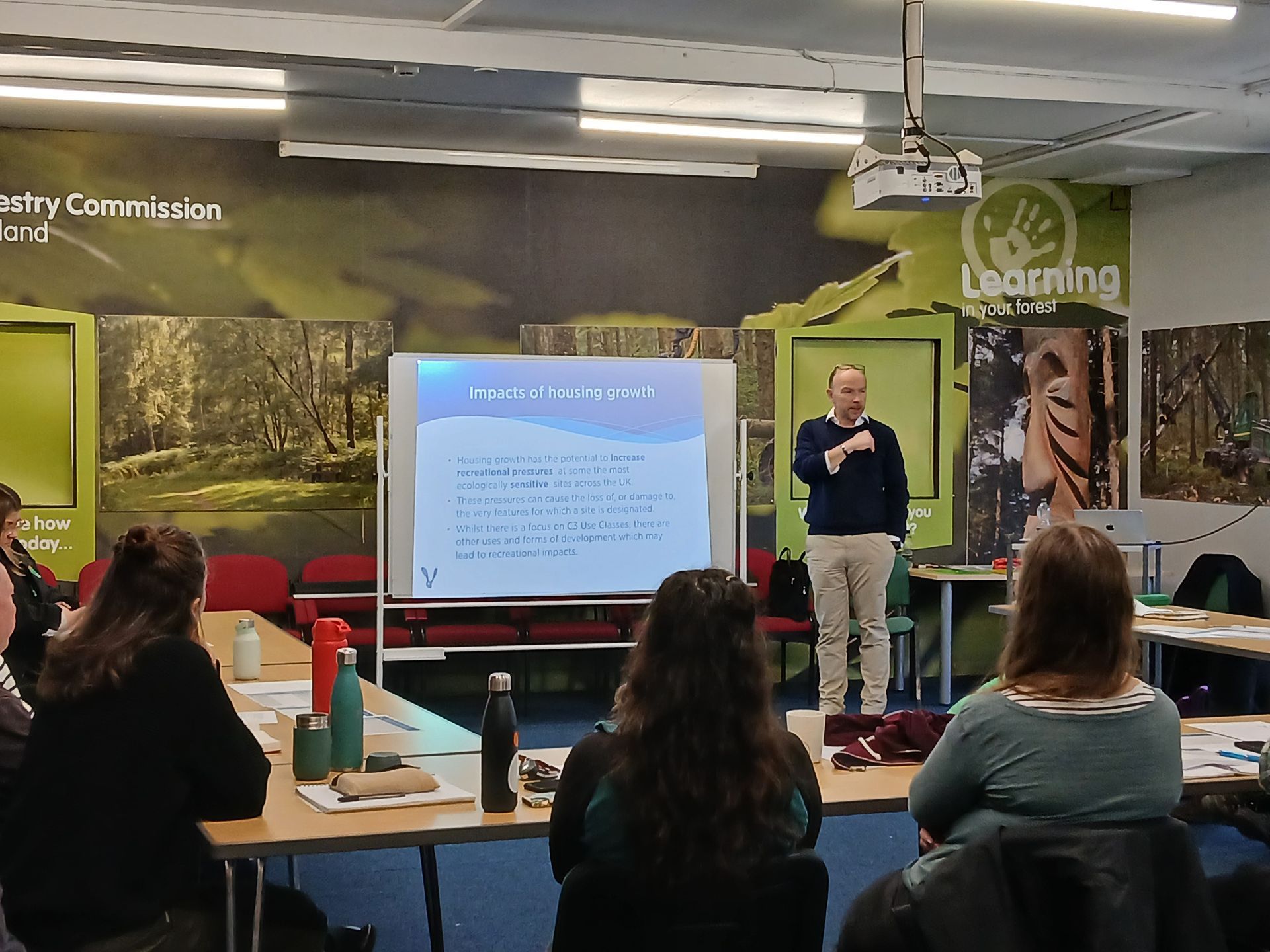
RECREATIONAL DISTURBANCE TRAINING FOR NATURAL ENGLAND Natural England provides advice to applicants and statutory decision makers on the potential impacts of development proposals on the natural environment. A key part of their statutory remit concerns impacts to national and international designated sites such as Sites of Special Scientific Interest (SSSIs), Special Areas of Conservation (SACs), Special Protection Areas (SPAs) and Ramsars which are often impacted by recreational activities causing recreational disturbance. Recreational disturbance refers to someone taking part in a recreational activity that causes a change in behaviour of wildlife, damage to habitat or physical harm or death of wildlife. In this capacity, the Natural England East Midlands Area Team sought bespoke training on recreational disturbance in order to aid their casework handling. Lepus has worked closely with the team to deliver a comprehensive training plan which included a morning session of classroom-based learning, followed by a site walkover and Q&A session. All attendees took part in a site visit to Sherwood Forest (SSSI and SAC) which allowed for the practical application of key learnings with commentary covering topics discussed in the classroom-based session. Supplementary training materials were provided to aid with the continued application of key learnings, allowing the team to quickly identify potential disturbance impacts from different types of development and suggest ways of mitigating impacts where applicable. Lepus is available to deliver training in recreational disturbance for your organisation and can deliver a package which is tailored to your organisations specific needs, or locality. Please contact enquiries@lepusconsulting.com to discuss
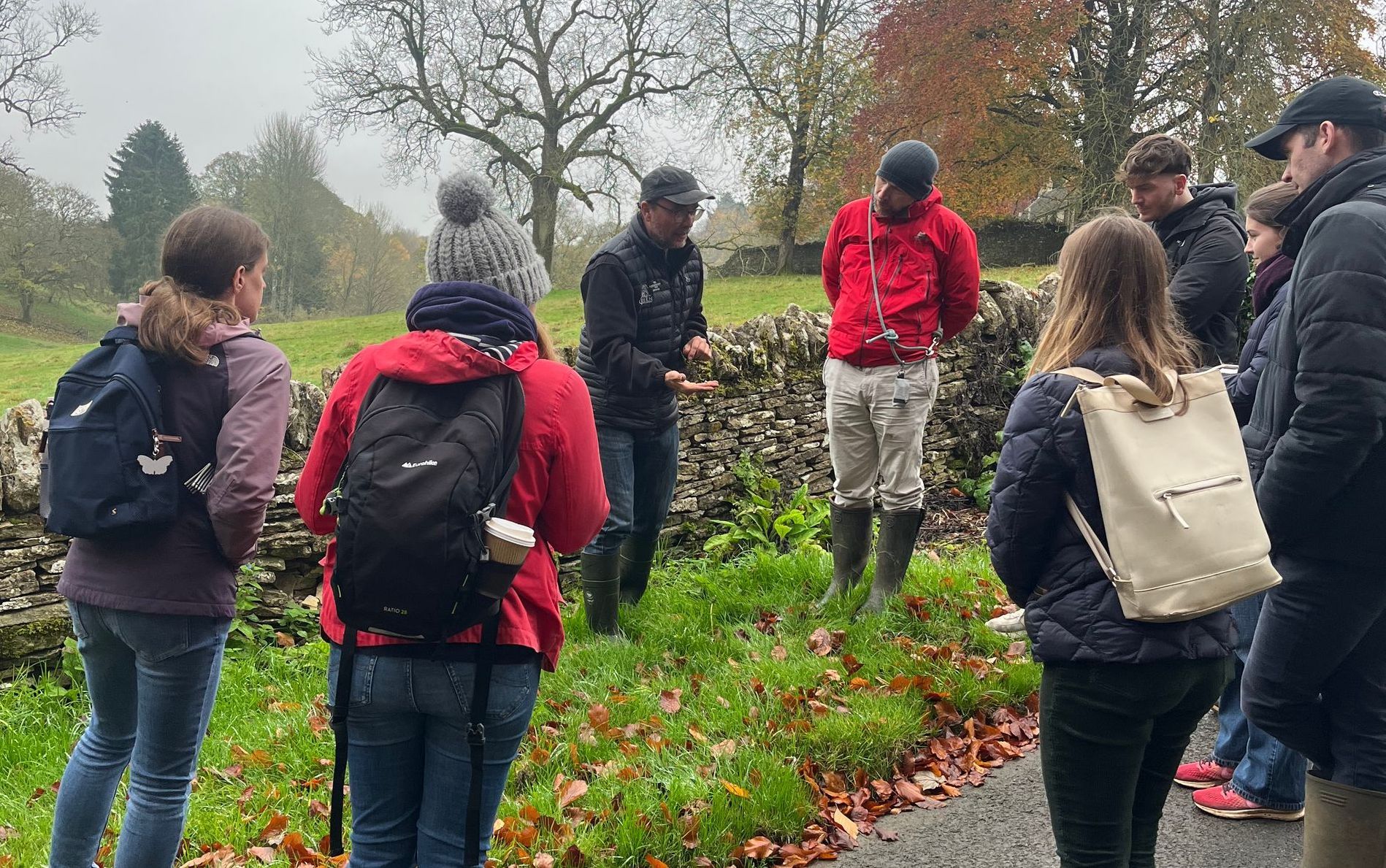
TEAM AWAY DAY: FORAGING AND BOTANY IN NOTGROVE In our ongoing mission to foster environmental education and sustainable practices, our environmental consultancy team recently participated in a foraging course held in the picturesque Cotswold village of Notgrove. The Notgrove Estate offered the perfect backdrop for this hands-on learning experience. With its diverse ecosystems, the area is rich in flora and fungi, making it an ideal location for understanding the abundance of edible plants and mushrooms that can be foraged throughout the year. The course was hosted by Wild Food UK who run courses across the country, at varying times of year with the aim of encouraging peoples connection to nature. Our day began with a warm welcome and an informative introduction to Wild Food UK and the foraging experience that lay ahead. We were briefed on the countryside codes, with particular emphasis on the Foraging Code, which highlights the ethical and responsible practices necessary for sustainable foraging. The group then set off on a walk around the Notgrove Estate’s expansive grounds. Led by an expert foraging instructor, we were taught how to identify a variety of edible plants and mushrooms. Each plant we identified had its own history of being used in cooking, medicine, and folklore and it was fascinating to learn. The day concluded with a wild food meal that included a selection of foraged dishes prepared by our instructor, each showcasing the plants and fungi we had gathered during our walk. In addition to the hands-on experience, each participant was sent a comprehensive set of course notes a few days after the course. This included links to articles and resources related to the plants and mushrooms we encountered during the day, providing us with an opportunity to continue our learning journey. For our consultancy team, the foraging course was an invaluable experience. It deepened our understanding of local ecosystems, and enhanced our awareness of the biodiversity that surrounds us, reinforcing the importance of sustainable practices in all aspects of environmental work. We left Notgrove with not only a greater appreciation for the natural world but also the tools to integrate foraging and sustainable food practices into our personal and professional lives.

COMPILATION AND REVIEW OF EVIDENCE LEADING TO SANG AND SAMM PROVISION Natural England has published a report which provides a review of methods and evidence published about recreational impacts on European protected sites and the solutions for their mitigation. This report was produced by the team at Lepus Consulting who worked closely with Natural England to deliver this study. Development, and specifically housing growth, has the potential to increase public recreation and disturbance pressures at some of the most ecologically sensitive sites across the country. European and Ramsar sites are designated for a number of qualifying habitats and species of international importance and are particularly vulnerable to recreational pressure. Currently, the impacts of these pressures are addressed at European designated sites through the adoption of mitigating actions referred to as strategic solutions. The aim is to divert recreational pressure to an alternative location by providing Suitable Alternative Natural Greenspace (SANG) and/or to address recreational impacts on site through the adoption of Strategic Access Management and Monitoring (SAMM) measures. SANG and SAMM often work in parallel with one another. The study reviews 16 Local Planning Authority case studies, to produce a series of recommendations designed to ensure a process of best practice is followed for identifying, designing, and securing recreational mitigation. These include: maintenance of a robust and periodically updated evidence base, an established ZOI, a partnership approach, communication with site users, a consistent and comprehensive monitoring strategy and linking mitigation solutions with wider initiatives such as Green Infrastructure, Local Nature Recovery Networks and Biodiversity Net Gain amongst others. To read the full article please visit the Natural England website: https://publications.naturalengland.org.uk/publication/6015060338802688
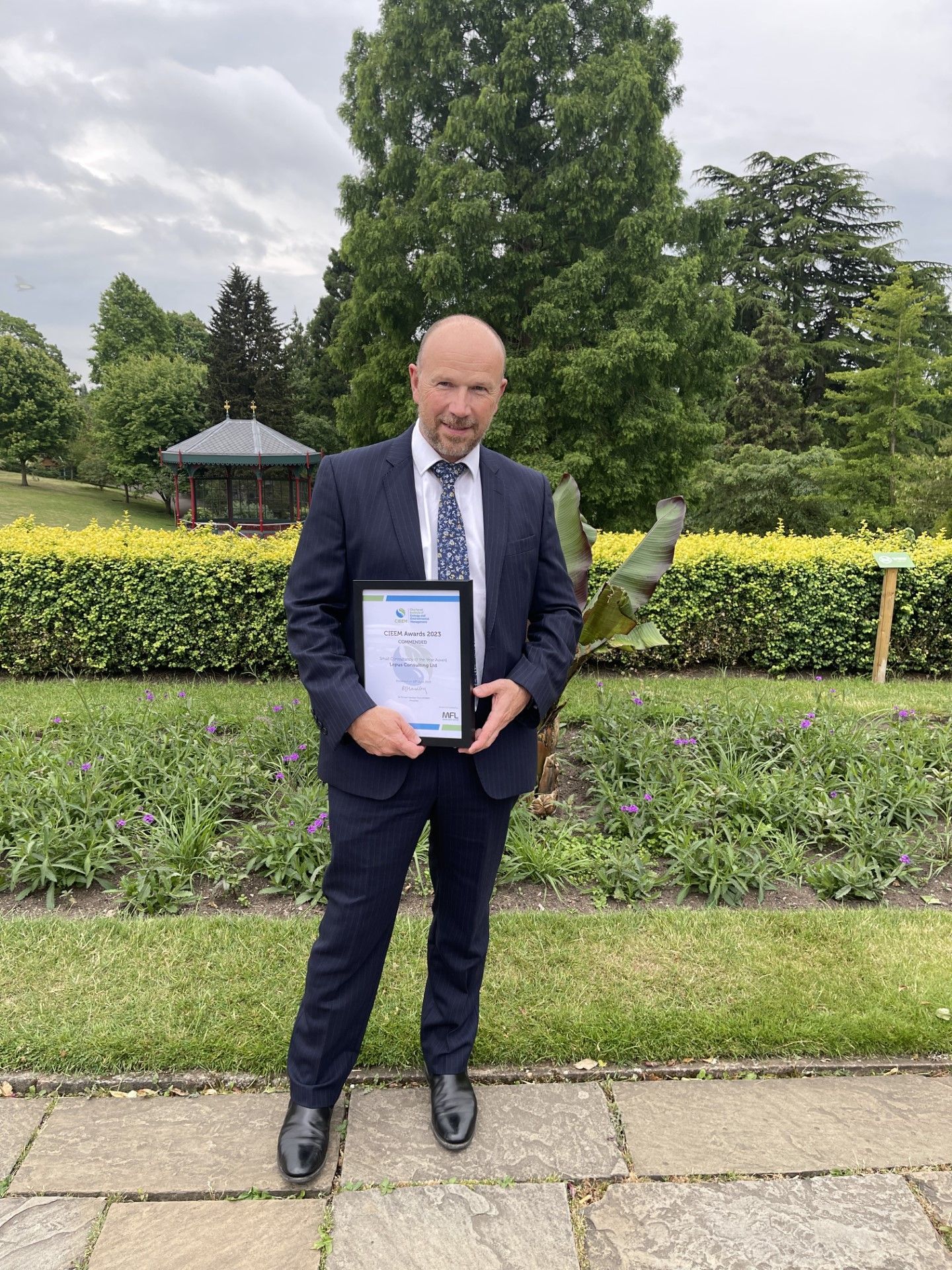
CIEEM 2023 SMALL CONSULTANCY OF THE YEAR AWARD NOMINEES Following being shortlisted by the CIEEM panel for the 2023 Small Consultancy of the Year Award, the Lepus Team attended the awards ceremony at the Birmingham Botanical Gardens for an evening hosted by CIEEM. After listening to some incredibly innovative work being carried out across the country by fellow practitioners, and some engaging discussion about BNG opportunities within the UK, we were awarded 'commended' in our field. This award recognises consultancies which deliver high quality ecological services and are an exemplar employer and advocate for the profession. To be chosen by the panel and awarded a commended position is a real testament to the hard work of our team over the year. Roll on 2024!

ENVIRONMENTAL OUTCOMES REPORTS - AN ANALYSIS OF THE PROPOSED CHANGES TO THE SYSTEM FOR ENVIRONMENTAL ASSESSMENTS The Levelling Up and Regeneration Bill (LURB) will see that existing EU-generated Environmental Impact Assessments (EIAs) and Strategic Environmental Assessments (SEAs) are transformed into new, government-created Environmental Outcomes Reports (EORs). Part 6 of the LURB is currently awaiting royal assent which will likely be granted later this year. Regulations and piloting will then take place in 2024, and the bill likely rolled out in 2025. The main aim of this Bill is to make environmental assessment more efficient, whilst ensuring overall environmental protection is not reduced. Plans and projects will have to report against a set of given environmental outcomes with supporting indicators. Why move away from EIAs and SEAs? Environmental assessment has become too broad Significant amounts of documentation under current regime (becomes impenetrable and disengages local communities) Significant variance in indicators and datasets within assessments Current environmental assessment regime contains inherent element of uncertainty Lack of access to robust and consistent data Lack of monitoring and forecasting impacts or mitigation What makes EORs more efficient than previously used EIAs and SEAs? Scoping will report proportionally against outcomes and be submitted as part of the EOR to save time with the local authority scoping process. Scoping reports will assess alternatives earlier to reduce confusion and will follow a more outcome-based approach. They will include an assessment of how matters raised can be monitored and mitigated There are, however, concerns around EORs and the potential for them to become more of a burden rather than an improvement to the original system. There are a number of things that should be considered before the Bill is rolled out in full force, such as: Can we implement adaptive management to allow mitigation to be adjusted in response to greater certainty on effects following implementation? If EORs are not able to address cumulative effects of climate change, what measures will be in place to ensure this issue is picked up elsewhere? How will monitoring across local councils and development bodies be better resourced? Some of these questions arose in a webinar on EORs hosted by the Planning Advisory Service. It is promising that questions are being asked, as this encourages solutions to be actively sought. Hopefully, when the Bill comes into effect, we will see positive environmental outcomes and assessments will be more efficient than under the old regime. The Lepus team consists of highly experienced SA practitioners and as such we have taken a keen interest in these developments and have contributed to the governments consultations in order to shape the emerging legislation. For more information on EORs please contact our technical team at enquiries@lepusconsulting.com . Our team can provide advice on the likely transition times for the new legislation, alongside specialist advice targeted to your requirements.

The Lepus team is excited to announce we have been shortlisted by the CIEEM panel for the Small Consultancy of the Year Award. This award recognises consultancies that deliver high quality ecological services whilst being an exemplar employer and advocate for the profession, so to be chosen by the panel is a real testament to the hard work of our team over the year. We look forward to attending the awards ceremony on Wednesday 28th June at The Birmingham Botanical Gardens!

REFORM OF UK ENVIRONMENTAL POLICY, THE UK ENVIRONMENTAL IMPROVEMENT PLAN (EIP) AND THE OFFICE FOR ENVIRONMENTAL PROTECTION (OEP). The government continues to modify UK policy and legislation in the wake of Brexit. This week the UK Government rejected amendments that would have offered some assurances of the continuation to nature protection laws that have been derived from European legislation. On Wednesday the Government voted against amendments tabled for the Retained EU Law (Revocation and Reform) Bill that sought to protect environmental rules from powers contained in the the bill. It therefore persists with its 'reform' (chiefly removal) of European environmental protection and management legislation without having first established which UK-designed successor approaches and legislation will ensure that the claims of the government are met; Michael Gove says that changes will not have the effect of reducing the level of environmental protection provided for by any existing environmental law. This is a very delicate and rather important matter as most environmental professionals, economists, land use planners and resource strategists are hoping to address the growing Climate Change and Biodiversity crises. EU membership often prompted the UK government to do more than it was willing to do in terms climate change, environmental and ecology protection. Even if the UK was the first nation to have its own Climate Change Act (2008), an Act which is widely credited with having contributed to reducing the country’s gross greenhouse gas emissions by 26% between 2010 and 2019, while the economy grew by 17% in the same period. Adaptation and modification of existing practices where improvements can be yielded is a worthwhile exercise. Needless to say, this reform process is a case of making sure that the government don't throw the baby out with the bathwater. On a related matter, the OEP has provided a review of progress with the UK's EIP: the 25 Year Environment Plan. It reveals a mixed bag of performance metrics, with much room for improvement. Let's hope then that the government know what they are doing as they continue with these bold changes. For more information please see the CIEEM website: https://lnkd.in/eMr5TKsC https://lnkd.in/e6rQ2-k4
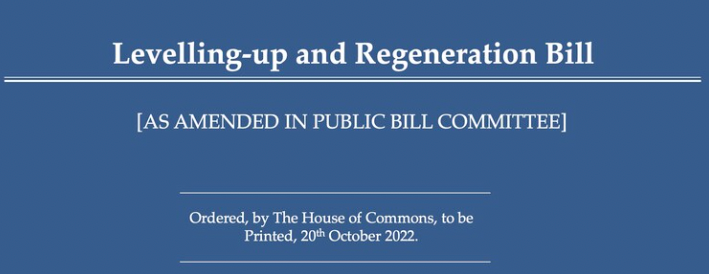
The government has published updates and more detail about environmental outcomes reporting in Part 5 of the latest Levelling-up and Regeneration Bill. Of interest to me is the possibility that EOR will replace and reform existing environmental assessment legislation relating to EIA and SEA (as well as presumably sustainability appraisal). I have skimmed through the Part 5 proposals and am under the clear impression that they appear to make much sense as a streamlining and progressive ambition. For anyone who feels sustainability appraisal is burdened by the challenge to reconcile environmental, social and economic outcomes, will be pleased to see (as am I) the emphasis on environmental protection. LURB clause 118(2)(a) includes a clear and simple definition about the environmental protection with which EOR will concern itself: 'protection of the natural environment, cultural heritage and the landscape from the effects of human activity'. For the sceptics, in respect of any future EOR regulations that may be prepared, and so possibly include revocation of some existing environmental assessment legislation, LURB clause 122 is reassuringly helpful: 'The Secretary of State may make EOR regulations only if satisfied that making the regulations will not result in environmental law providing an overall level of environmental protection that is less than that provided by environmental law at the time this Act is passed'. EORs are intended to apply to plans and projects alike. It is not yet clear as to when an EOR will be required, see LURB Clause 119(2). Presumably, some kind of screening process will be used. I will write more once I know more. In the meantime, I look forward to seeing what others think of the proposals. It is a humungous bill and has, no doubt, quite a way to go yet. For more information, please see: https://lnkd.in/eT8JT8w6

